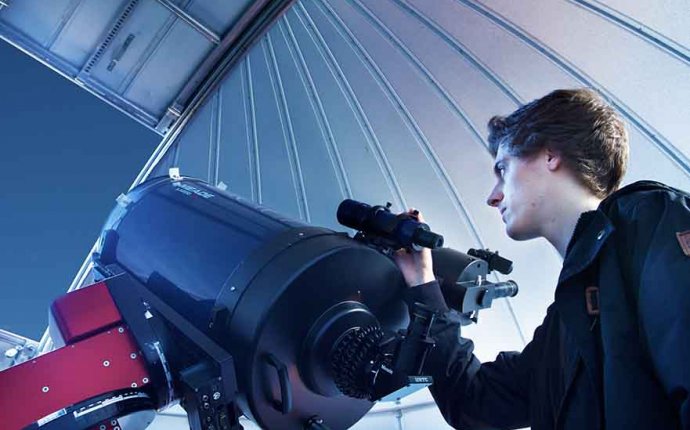
Astrophysics Degrees
You will study compulsory physics courses and maths courses.
Physics 1A presents the pillars of physics upon which subsequent material is based and will develop your problem solving and study skills. It is innovative in its use of technology and offers an interactive learning experience.
Physics 1B introduces you to a wide range of physics topics, including waves, introductory quantum mechanics, nuclear and particle physics and how these impact our understanding of the universe. It also includes an introduction to university laboratory work.
You will study Mathematics for Physics 1 and 2 which include mathematical and problem solving skills in the context of algebra and calculus, with increasing emphasis on physical applications.
You will also have the option of studying Discovering Astronomy, Astrobiology or Introductory Astrophysics, or may decide to select courses from other academic areas.
Year 2
You will study modern physics and physics of fields and matter. Supporting mathematics courses will cover algebra, calculus, dynamics and vector calculus and you will be introduced to practical physics, including programming, data analysis and experimental techniques. Students entering the programme in Year 2 will take additional introductory courses in classical physics and mathematics. Students will have the freedom to choose one or two courses from other academic areas.
Year 3
You will study thermodynamics, statistical mechanics, electromagnetism, optics and quantum mechanics.
We offer a supporting mathematics course covering Fourier analysis, probability and statistics, a computing course on numerical algorithms, and an introductory course to research methods.
Students will be introduced to practical astronomy through the course Observational Astronomy.
Year 4
In this year there are compulsory courses covering astrophysics, cosmology and relativity, nuclear and particle physics.
There is a choice of option courses including High Energy Astrophysics, Radiation and Matter, Computational Astrophysics, Galaxies, Stellar Evolution, Advanced Cosmology and General Relativity. You will also take part in project work.
Year 5
Your final year is largely devoted to a research project chosen from a wide range of topics. You will also complete a number of advanced-level courses.











